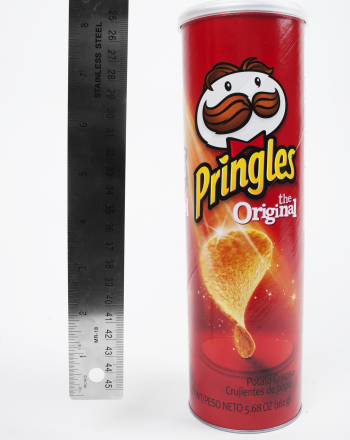
Cargando...
Què puc hacer?
226539 materialEducativo
textoFiltroFichaSobre aquest recurs...

You might notice that winter forecasts of a foot or more snow are fairly common. This is very different from rain forecasts. Even in rainy areas, single rainstorms that top five inches are unusual. If the rainfall were as deep as the snowfall, regular flooding would be inevitable. This difference between the depth of snow and rainfall prompts questions as to whether these two are equivalent.If you listen to ski reports or participate in winter sports, you are familiar with “wet snow” and “dry snow.” Since wet snow contains more water than dry snow, meteorologists say that wet snow is more dense than dry snow. Wet snow forms when the temperature in the lower troposphere is near the freezing temperature. Dry snow forms when the troposphere temperature is colder. The water content of snow is related to temperature because cold air can hold less water that warm air. The ratio of snow to water is roughly 10 to 1 or less if the snow is wet. This ratio increases to 11, 12 or even more inches of snow for every inch of water if the temperature is colder and the snow is dry.The goal of these experiments is to learn about different types of precipitation, evaluate the density of snow and calculate the ratio of snow-to-liquid.
It is an educational content by education.com.
By clicking on the title of this resource, you will be redirected to the content. If you want to download the project, you just have to join the website, which now is for FREE.
Contingut exclusiu per a membres de

Mira un ejemplo de lo que te pierdes
Autores:
Categories:
Fecha publicación: 12.5.2016
Es respecta la llicència original del recurs.
Vols comentar? Registra't o inicia sessió
Si ya eres usuario, Inicia sesión
Afegir a Didactalia Arrastra el botón a la barra de marcadores del navegador y comparte tus contenidos preferidos. Más info...
Comentar
0